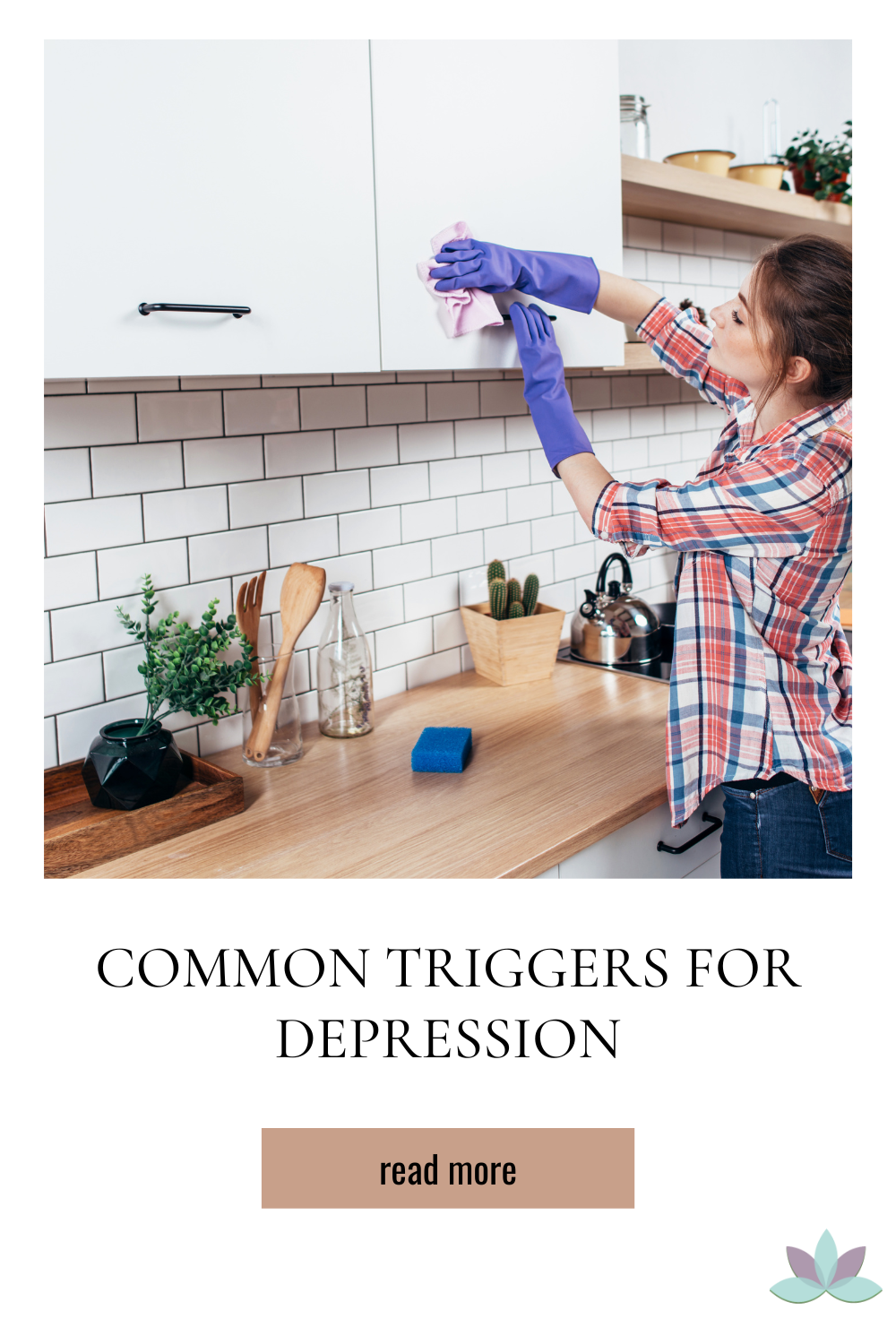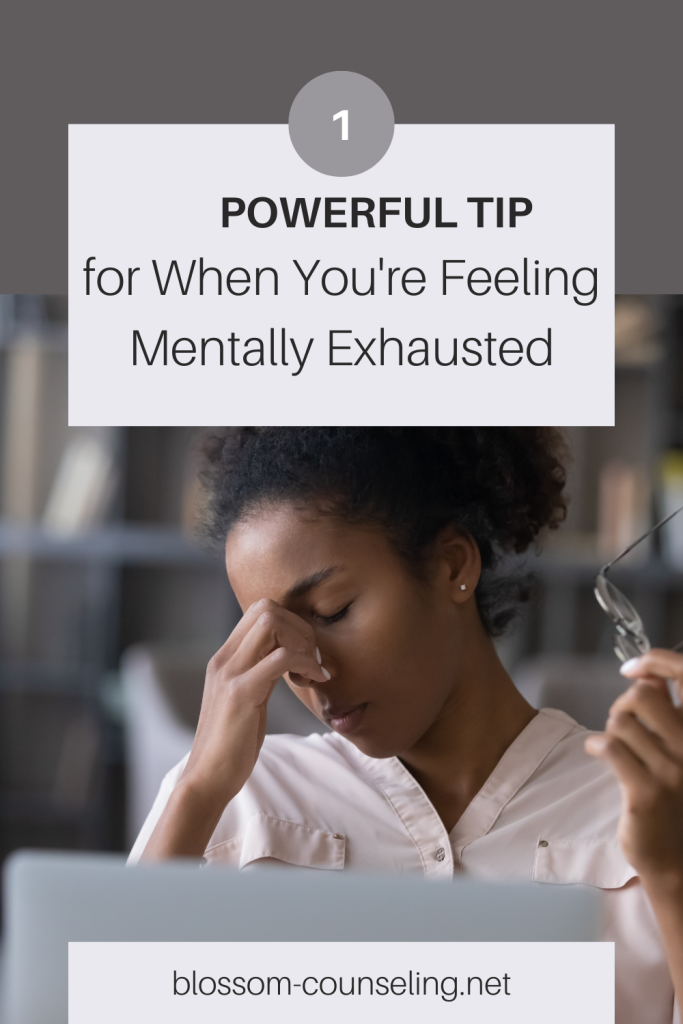
Depression is a mental health disorder that affects millions of people worldwide. It can be caused by a variety of factors – biological, environmental, and genetic. However, certain triggers can also contribute to the development or worsening of depression. Let’s look at three common triggers for depression and how to manage them.
Stressful Life Events
One of the most common triggers for depression is experiencing a stressful life event. This can include the loss of a loved one, a job loss, divorce, financial problems, or serious health issues. These events can be difficult to cope with and can leave individuals feeling overwhelmed and hopeless. If you are experiencing a stressful life event, it is important to seek support from loved ones, a therapist, or a support group. Talking about your feelings and emotions can help you process the event and develop coping strategies to manage the stress.
It is also important to practice self-care during this time. This can include getting enough sleep, eating well, and engaging in physical activity. Taking care of your physical health can help improve your mental health and reduce the risk of developing depression.
Relationship Problems
Relationship problems can also be a trigger for depression. This can include conflicts with a partner, family member, or friend. Relationship problems can be emotionally draining and can lead to feelings of loneliness, sadness, and hopelessness. If you are experiencing relationship problems, it is important to communicate openly and honestly with the other person. Seek the help of a therapist if needed. It is also important to take care of yourself by engaging in self-care activities, such as exercise, meditation, or spending time with supportive friends.
In addition, it may be helpful to improve your communication and conflict resolution skills. This can help prevent future relationship problems and improve your overall mental health.
Substance Abuse
Substance abuse is another common trigger for depression. The use of drugs or alcohol can lead to changes in brain chemistry, which can contribute to the development of depression. Additionally, individuals may turn to substance abuse as a way to cope with depression, which can lead to a dangerous cycle of addiction and worsening depression symptoms. If you are struggling with substance abuse, it is important to seek professional help. This may include detoxification, rehabilitation, and therapy to address the underlying issues contributing to the addiction.
It is also important to have a support system in place. This can include family, friends, or support groups. Having people who understand what you are going through can help you stay motivated and committed to your recovery.
Depression can be triggered by a variety of factors, including stressful life events, relationship problems, and substance abuse. It is important to recognize these triggers and seek support when needed. Professional help, such as therapy or medication, can be an effective way to manage depression symptoms. Remember, you are not alone and there is help available. By taking care of your physical and mental health, improving your communication skills, and building a support system, you can reduce the risk of developing depression and improve your overall well-being.
|
|




